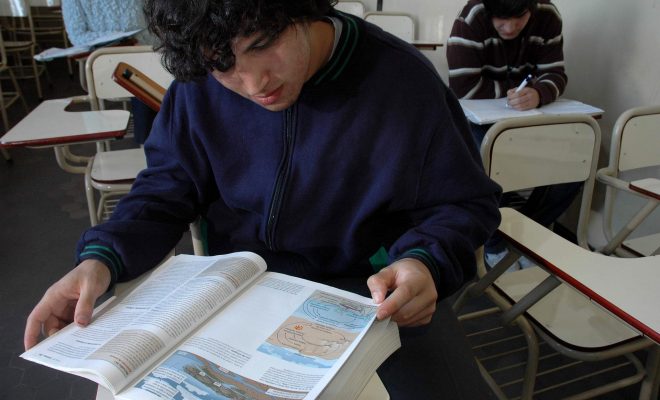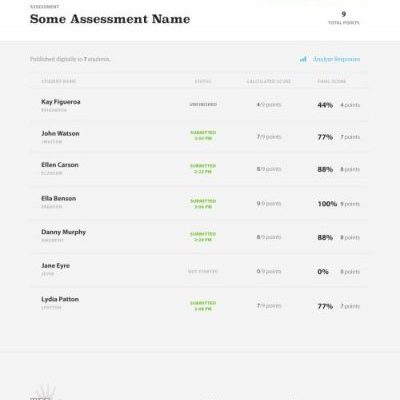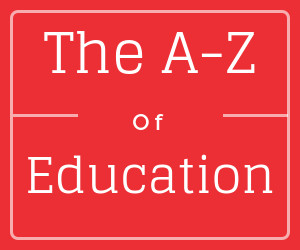Teaching Students About the Spoil System

The spoil system refers to the practice of appointing individuals to public office based on their loyalty and support to the ruling party or group rather than their qualifications and capabilities. In the United States, the spoil system was widely practiced in the early days of the republic until it was replaced by the merit-based civil service system in the late 19th century.
The teaching of spoil system in schools is essential in educating students about American history and the evolution of the American political system. By studying the spoil system, students can understand how political appointments were made in the early days of the nation and the consequences of appointing individuals based on political loyalty rather than merit.
One approach to teaching spoil system is to incorporate it into history and civics lessons. Teachers can present case studies of individuals who were appointed to public office during the spoil system era, such as George H. Pendleton and William Magear Tweed. These case studies can illustrate how political loyalties often trumped qualifications and competence in public service appointments.
Moreover, students can learn about how the spoil system led to corruption and inefficiency in government. By appointing unqualified or unskilled individuals to public office, the quality of public services and policy implementation declined, and government decision-making became biased, sometimes in favor of certain groups or individuals rather than the public welfare. For example, Tweed, the infamous “Boss” of Tammany Hall, used the spoil system to bribe and corrupt public officials and enrich himself through various fraudulent schemes.
Furthermore, teaching students about the spoil system can help promote the importance of ethics and accountability in public service. Teachers can encourage critical thinking about how political appointments should be made, and why it is essential to select candidates based on demonstrated qualifications, abilities, and merit rather than political affiliation and party loyalty. Students can learn about the role of the civil service system as an alternative to the spoil system, which uses objective criteria and merit-based principles to hire and promote individuals in public service.
In conclusion, the teaching of spoil system is crucial in educating students about American history, political systems, and ethical values. By studying the spoils system, students can understand how political appointments were made in the early days of the nation, the consequences of this system, and the importance of merit-based public service appointments for today’s democratic societies. Educators can encourage critical thinking, promote ethical values, and inspire students to become responsible citizens who are committed to promoting the public welfare and good governance.






